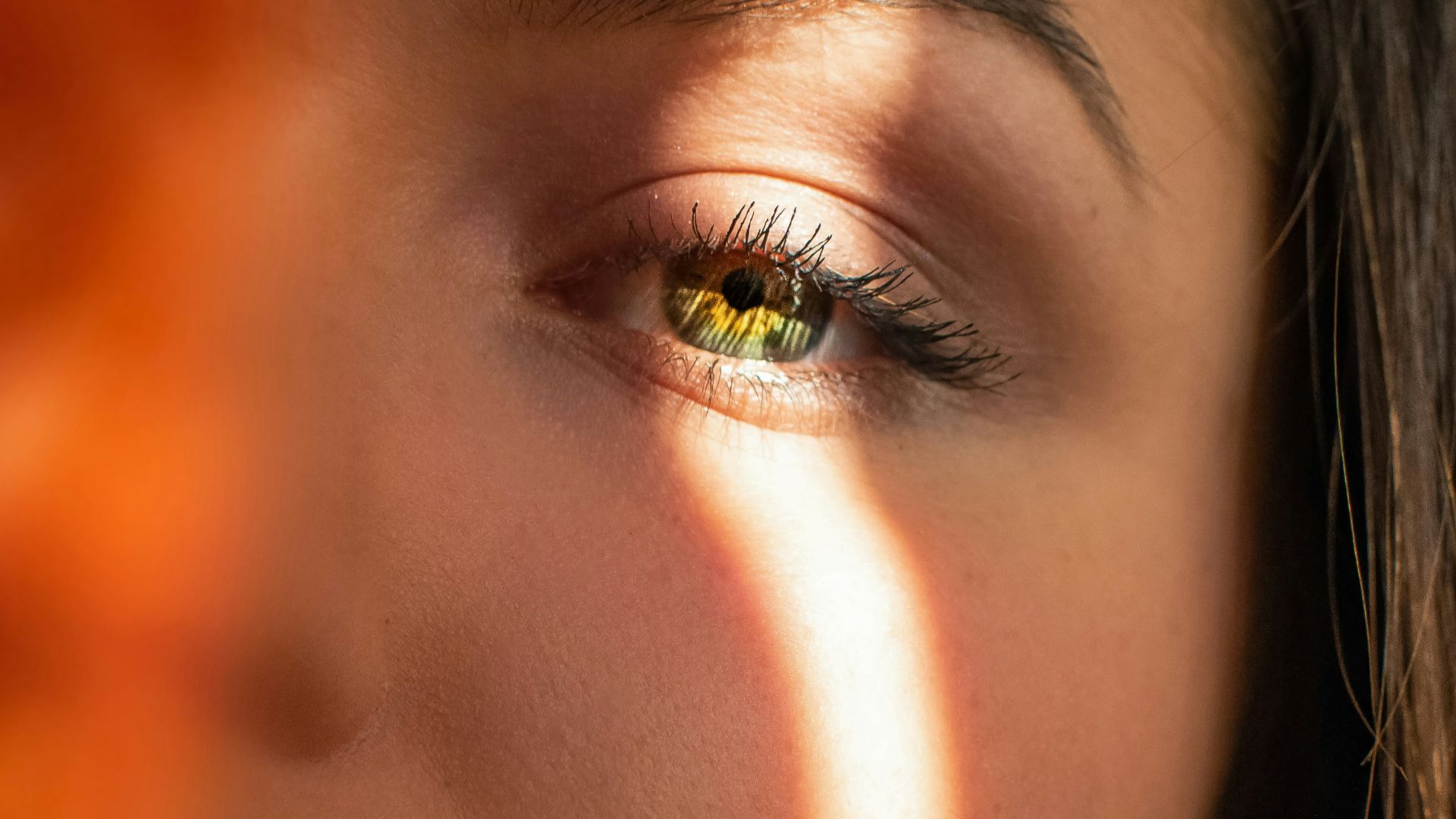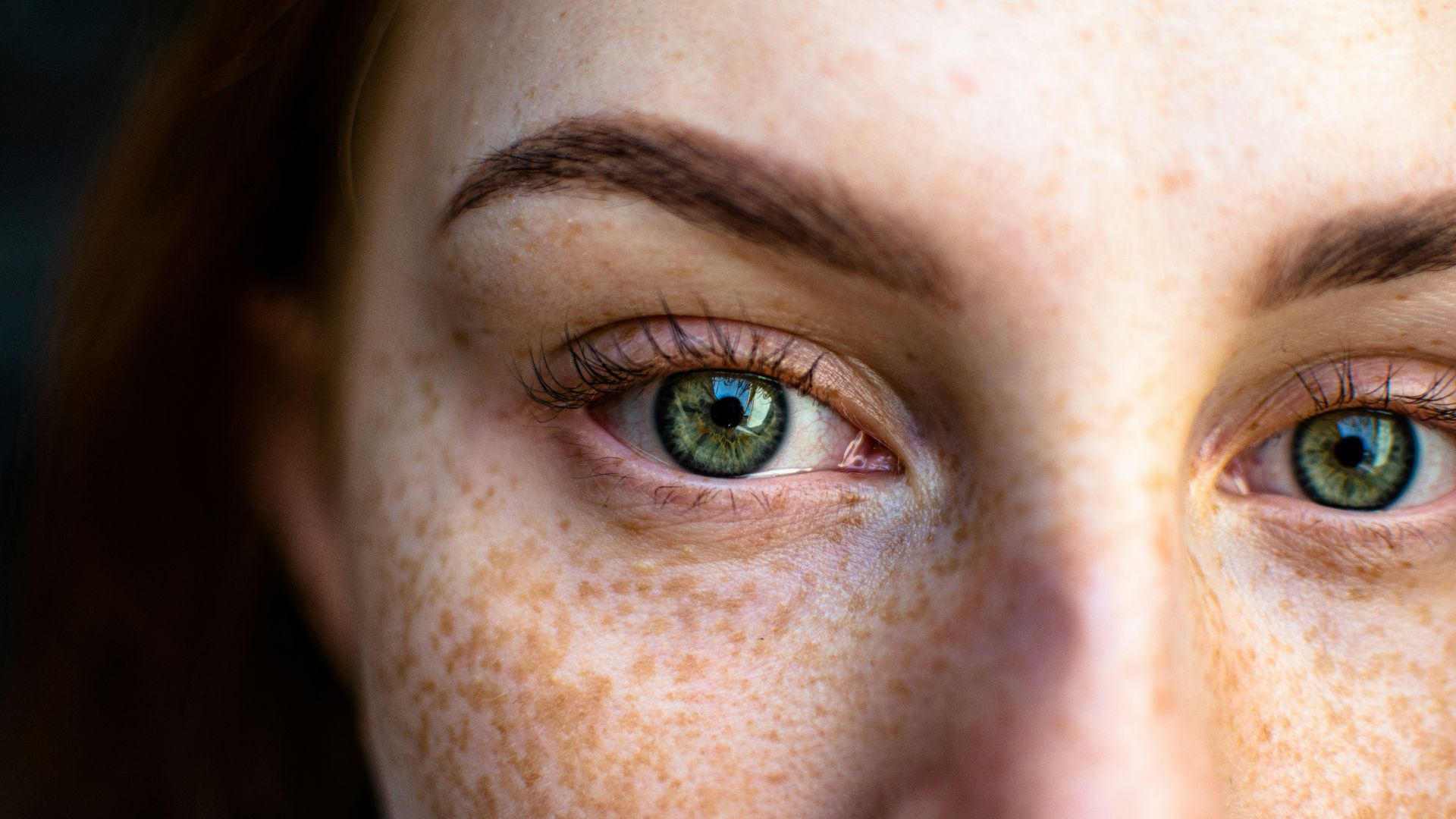Sunlight Gets A Lot Of Mixed Press
This time of year is exciting for anyone living in a northern environment. The dreary months of winter are coming to a close, flower buds are emerging from the once-frozen ground, and restaurant patios are slowly filling with patrons. After months of dark clouds, you might be desperate to feel the warm glow of the sun on your skin, your body starved of vitamin D and serotonin. However, before you rush outside and bask in the UV rays, remember the dangers. Especially after your skin has been sheltered for so long, the risk of sunburn is high, and too much sun can lead to heatstroke and skin aging. Here are 20 ways the skin affects your health.
1. Improves Mood
Sunlight increases serotonin, a chemical in the brain linked to feelings of happiness and well-being. Low serotonin levels are linked to depression and anxiety.
2. Strengthens Bones
Sunlight produces vitamin D, which helps the body absorb calcium. Calcium contributes to strong bones, staving off osteoporosis.
3. Improves Sleep
Exposure to sunlight is crucial for regulating your sleep-wake cycle. Without it, your body is confused and may not know when to tell your brain when to sleep, resulting in insomnia or unhealthy sleeping patterns.
4. Lowers Blood Pressure
When it's exposed to sunlight, your body releases a compound called nitric acid into your blood. This helps regulate your blood pressure and improves your heart health.
5. Reduces Inflammation
Exposure to sunlight reduces the number of cells that lead to inflammatory responses in the body. It has potential for lowering your risk of chronic diseases that are a result of inflammation, such as arthritis and certain types of cancer.
6. Increases Energy Levels
Sunlight helps improve your energy by increasing your vitamin D and serotonin levels. It also improves your sleep quality so you're less fatigued in your waking hours.
7. Boosts Vitamin D
Sunlight exposure is the primary source of vitamin D for a lot of people. Using ultraviolet rays, sunlight combines with a molecule in your skin to produce vitamin D, which affects mood, energy, and vitamin C absorption.
8. Enhances Your Immune System
Sunlight impacts your immune cells, speeding up their response to infection. It also impacts vitamin D production, which regulates and supports the immune system.
 Christopher Campbell on Unsplash
Christopher Campbell on Unsplash
9. Boosts Testosterone Levels In Men
Sunlight influences the endocrine system, which is responsible for your hormones. Studies have found that men who get sufficient exposure to natural light have healthier testosterone levels.
10. Enhances Cognition
Sunlight triggers the release of serotonin, which not only boosts your mood but also makes you feel calm and focused. It also regulates your circadian rhythm, which helps you feel more refreshed and alert when you wake up in the morning.
11. Improves Certain Skin Conditions
Because it fights inflammation, sunlight can make certain types of inflammatory skin conditions better. This includes acne, eczema, and psoriasis.
 Kamila Maciejewska on Unsplash
Kamila Maciejewska on Unsplash
12. Contributes To Premature Skin Aging
Sun exposure is the number one cause of visible signs of aging in the skin. Because UV rays break down collagen and elastin, sun exposure is responsible for 90 percent of wrinkles and age spots.
13. Can Damage Eyes
Exposure to sunlight over a long period can cause proteins to build up in the eye's lens, leading to cataracts or certain types of eye cancers. Short-term exposure can burn your cornea, causing pain, inflammation, and temporary loss of vision.
14. Causes Sunburn
The most obvious reason to limit your exposure to sunlight is the risk of getting a sunburn. Not only do sunburns hurt and turn your skin red, but they also increase your risk of developing skin cancer.
15. Can Cause Heat Exhaustion
When sunlight is combined with heat (as it often is), your body may overheat. Symptoms of heatstroke include dizziness, nausea, rapid pulse, and muscle cramps. In extreme cases, it can even be fatal.
16. Can Worsen Autoimmune Disorders
While moderate sunlight exposure can reduce inflammation, too much sun has the opposite effect. UV rays damage cells, triggering an immune response that can be too strong in people who have an autoimmune disease. This response leads to inflammation that can damage organs.
17. Can Cause Hyperpigmentation
Hyperpigmentation is when patches of skin become darker than the surrounding skin due to excessive melanin production caused by sun exposure. Although it's harmless, hyperpigmentation is generally undesirable as it can make you look older.
18. Triggers Migraines
Sun exposure is linked to migraines and headaches due to light sensitivity, dehydration, and changes in brain chemistry. To avoid getting them, remember to drink water, cool down, and wear a hat and sunglasses.
19. Too Much Exposure Suppresses Immune Functioning
While vitamin D production caused by the sun enhances your immune system, too much sunlight can reduce its function. UV radiation from the sun can trap immune cells and stop them from entering the bloodstream.
20. Increases Risk Of Skin Cancer
UV radiation from the sun can damage your skin's DNA. Over time, this can lead to uncontrolled cell growth, causing cancerous tumors, even without getting sunburns.
KEEP ON READING

10 Pre-Workout & 10 Post-Workout Tips To Follow

























